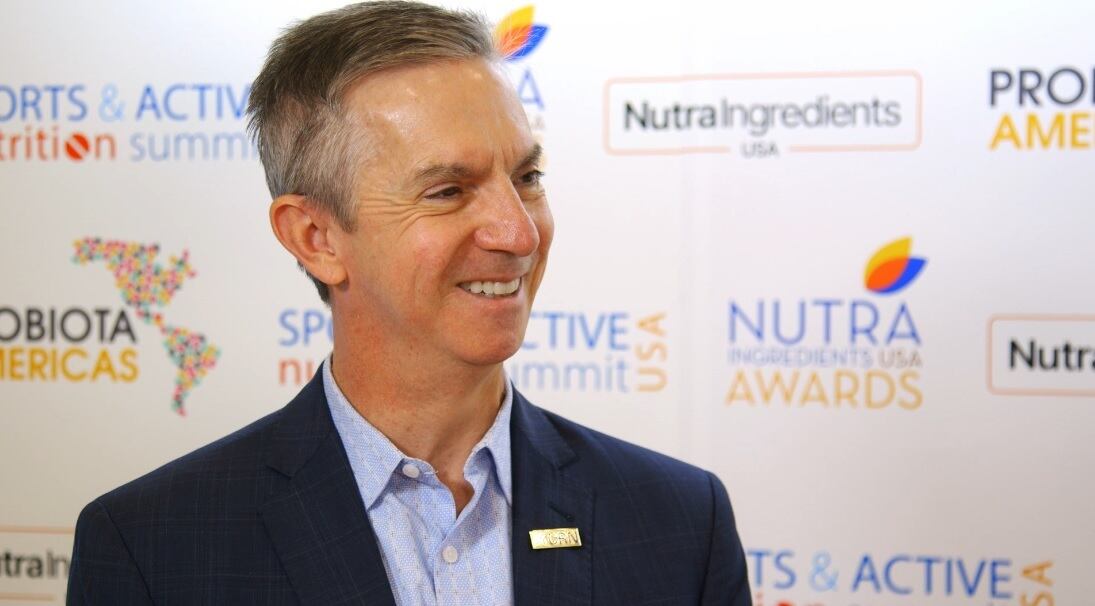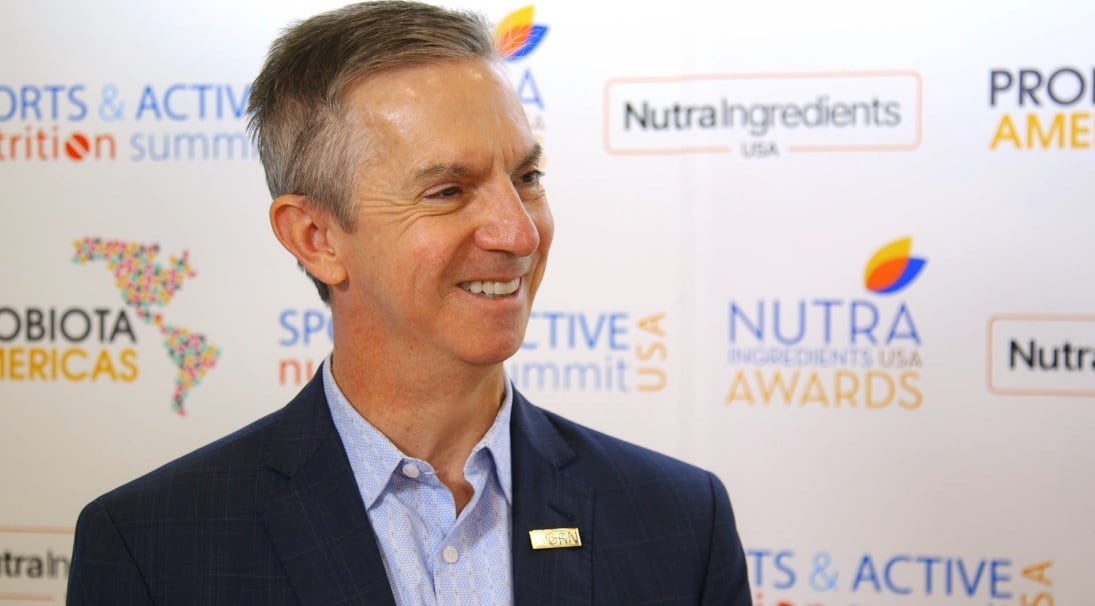Her advice reminds me that there are many strategies for advancing an industry’s interests. The job of a trade association is to develop a full toolbox of tactics, and to know which situations call for specific approaches. By their very mission, trade associations are charged to advocate for their respective industries. Sometimes that brings us squarely into opposition with the government agencies that regulate our members’ products. To be effective representatives of our constituencies, associations face the difficult calculus of how to balance the relationship with the people, agencies and legislative bodies who could regulate them out of existence. We respectfully must spar with them while maintaining credibility. After all, we can’t really take our toys and go home—tomorrow they will still be our regulators.
Sometimes we must confront these agencies head-on about misguided regulation; other moments call for being the cheerleaders for the things they are doing right. Some situations demand we be critical of their oversight, and others invite consolation.
As I think back on 2023, this has been a year that called for all those tools in the toolbox. But this is the balancing act the Council for Responsible Nutrition manages every day, so we have become pretty good at selecting the right tools for each job. CRN has a mission to protect and advance a climate for our members to responsibly create and market science-backed dietary supplements, functional food, and their ingredients. That means we have to do more than co-exist with regulators—we have to know when to collaborate and when to challenge.
Confrontation
This year, CRN has not been afraid to call out regulators and policymakers when their actions are misguided. It’s a role we routinely assume so that individual companies don’t have to be the face of opposition—they are protected by the unified voice of the industry. On issues ranging from FDA’s neglect of the CBD marketplace (after five years, they have yet to propose a framework for marketing CBD as a dietary supplement) to FDA’s perspective on drug preclusion (that favors incentives for drugs at the expense of innovation for supplements), CRN has been the credible voice of industry advocacy. Slowly Congress is recognizing the need to direct FDA on CBD and the agency is coming to appreciate how their actions on drug preclusion are stifling innovation.
While vigorously opposing state legislation on age restrictions, we met respectfully with those bill sponsors and listened to their legitimate concerns about the rise in eating disorders, even if their reasoning is faulty and their proposed solutions are ill-considered and counterproductive. In several states, this engagement led to defeating those bills, and in New York, we are attempting reasonable modifications of the newly-signed law even as we explore other legal options. Yes, litigation is a tool too, but one of last resort.
The Role of Critic
The next tool in the collection is the role of critic. Less combative than all out confrontation, criticism of one’s regulators also presents some risk, which is why CRN’s members enjoy the ability to express a collective critique under our banner rather than doing so on their own. This year, CRN has been critical of FDA’s consumer education programs on dietary supplements that overly-emphasize risk and discourage candid discussions between healthcare practitioners and their patients. We’ve taken on published studies that take statistics out of context, create clinical trials designed to fail, or wrongly suggest that dietary supplements “are not regulated.” We take our role as critic as being vital to effectively countering misinformation.
While almost everyone in the industry supports making supplements eligible for inclusion in Flexible Spending Accounts and Healthcare Savings Accounts, they weren’t prepared for a budget estimate by Congressional researchers that vastly over-inflated the cost of such a change. At CRN, we challenged the faulty data and presented our own research, which showed that adding supplements to the list of eligible items will not break the U.S.’s piggy bank and that consumers overwhelmingly want the flexibility to make health-related decisions that include supplements. We critiqued without offending and won support for our tenacity and fact-based reasoning.
CRN has also criticized the FTC on its new advertising guidance for health products. But even in filing a petition with the FTC that points out the errors in the guidance, CRN has been careful to preserve the relationship. Yes, we filed a rebuke of the FTC for errors in its guidance, and for papering the industry with warning notices of nonexistent violations, but we extended an offer to meet with FTC officials to discuss potential changes to the guidance and were promptly greeted with an invitation to sit down and discuss the revisions we proposed. Sugar and vinegar at the same time.
Cheerleader
On other occasions, CRN has been the cheerleader for what our regulators are doing right, to urge them to keep doing what they are doing and let them know their efforts are appreciated. Finding these opportunities builds rapport and respect that can be leveraged when we play the critic. This year CRN praised FDA for publicly expressing that federal regulations do not mandate narrow overage limits when the industry’s critics created a sting operation on melatonin supplements and suggested their findings exposed a violation of the law. We applauded research that demonstrated the benefits of multivitamins for cognitive function and vitamin D for stronger immunity. CRN’s own research revealed how consumers are increasingly expressing that their supplement regimens are “vital” to their own health, and we were excited to promote these findings.
Chief Collaboration Officer
And sometimes, we find ourselves as collaborators, actively working with these same agencies and decisionmakers to advance our goals. CRN is already working on the 2025 Dietary Guidelines that will be issued by HHS and USDA. We agree that FDA needs a mandatory registry of dietary supplements, so it knows the size of the industry it regulates, and we are pleased to work with the agency and Congress to advance that cause. We agree that consumers buying supplements online should have access to full product information before they click “Buy Now.” And we not only expressed support for new Codex guidelines, but developed our own voluntary program to assure online consumers can get that information.
Knowing when to confront, criticize, cheerlead or collaborate is the secret sauce for trade associations– one approach all the time does not work. This year was also CRN’s 50th anniversary and it presented the opportunity for some reflection. CRN was founded in 1973 on three principles: that industry leaders must act responsibly, doing the right thing voluntarily to build trust; that science should lead our decision making; and that reasonable regulation is necessary to establish guardrails that keep the bad actors and snake oil salesmen from ruining our marketplace. Afterall, we are making products that people put in their bodies for better health. Today, these enduring values help us determine which approach is justified in a particular situation. It's Diplomatic Advocacy 101. And, sorry grandma, but no bug zappers are required.




